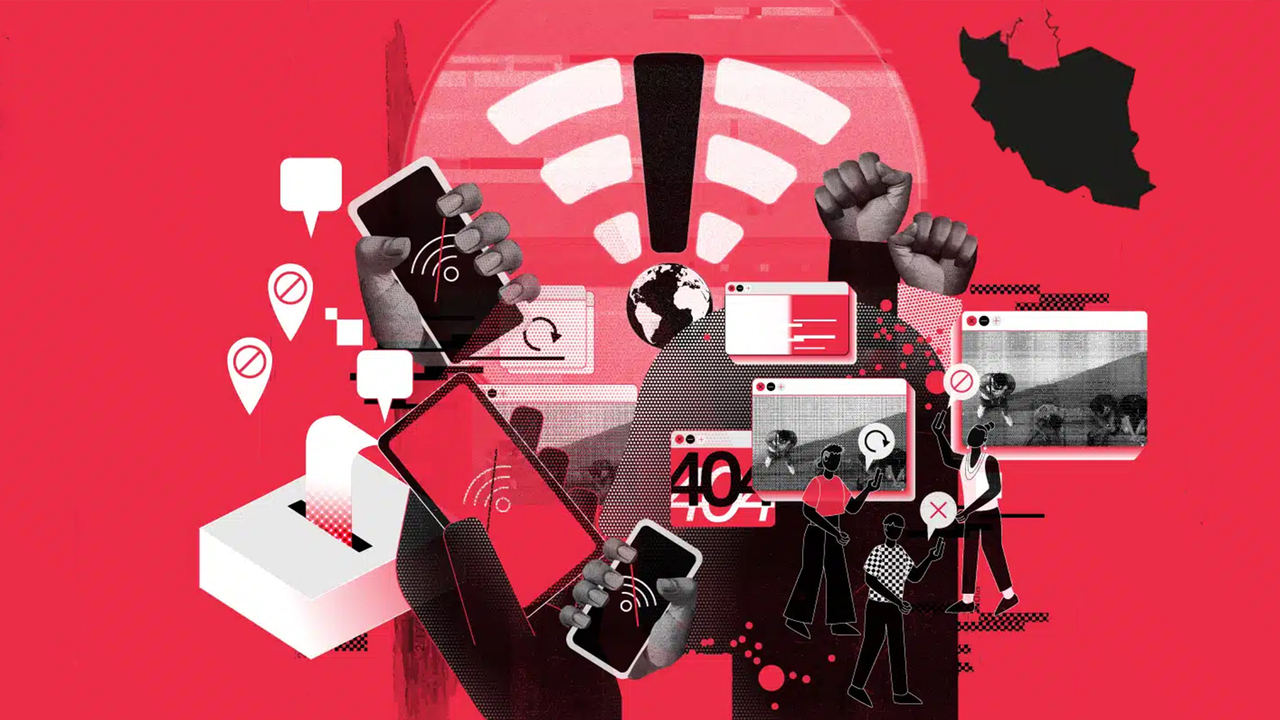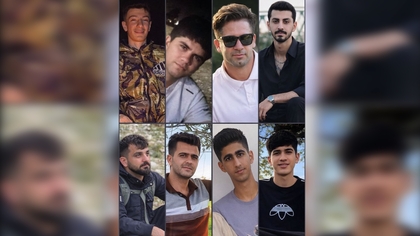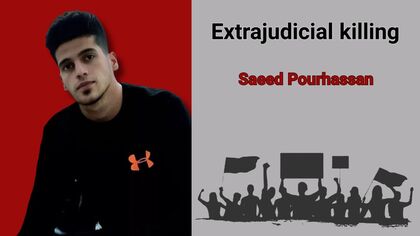Three-Day Internet Shutdown in Iran: The Islamic Republic’s Exploitation of Wartime Conditions to Suppress Domestic Dissent and Systematically Violate Citizens’ Rights

On June 19, 2025, the Islamic Republic of Iran initiated a nationwide internet shutdown beginning at approximately 3:30 AM on Wednesday, June 18, 2025. According to technical data published by the international monitoring group NetBlocks, within the first hour of the disruption, Iran's international internet traffic dropped to less than 10% of its normal level. Simultaneously, Iran’s domestic monitoring system, Net Sanj Plus, reported a near-zero quality of service (QoS) across operators. This condition persisted uninterrupted for the next 50 hours, effectively cutting off public access to the global internet.
Cross-referenced analyses from global platforms such as Cloudflare Radar and Kentik confirmed a 93% to 97% average decline in international connectivity during this period. Field reports suggest that only 3% to 7% of the population maintained limited access, primarily through border-region infrastructure or satellite tools. For the majority, access was restricted solely to the National Information Network (NIN) and state-controlled domestic messaging platforms.
Concurrently, the Ministry of Communications urged citizens to abandon the use of WhatsApp and other international platforms in favor of state-monitored applications such as Rubika, Soroush Plus, iGap, and Baleh—all operating under the oversight of Iranian security agencies. During the shutdown, most virtual private networks (VPNs), including premium versions, were rendered nonfunctional through deep packet inspection (DPI), blocking, and repeated disruptions.
The widespread blackout not only disrupted internet connectivity but also severed familial contact, emergency communication, access to medical and security information, daily work routines, online education, banking, and digital commerce, plunging millions into isolation and information deprivation.
Technical data and field observations over the 50-hour span confirm not only the existence of a deliberate, state-orchestrated internet blackout but also its use as a tool for political control, information monopolization, and targeted repression.
Exploiting Wartime Conditions to Escalate Internal Repression:
Amid its ongoing conflict with Israel, the Islamic Republic has implemented this extensive and intentional disconnection not for civilian protection, but to intensify domestic repression and sever Iranian society from the outside world. This internet disruption, spanning over three days, occurred despite the critical need for information access and emergency communication during wartime—conditions under which public safety is highly dependent on connectivity.
Iran has a documented history of weaponizing internet shutdowns for repression. In November 2019, a nationwide blackout preceded the killing of hundreds of protesters by security forces, carried out in the absence of external scrutiny or reporting. Concerns over the repetition of such patterns are now growing.
This internet shutdown is not merely a technical decision but part of a deliberate policy aimed at silencing activists and independent journalists, obstructing on-the-ground reporting, and enabling unaccountable repression in a climate of media blackout.
This action constitutes a gross violation of the rights to freedom of expression, access to information, personal security, and human dignity. While the global focus remains on external conflicts, the Islamic Republic has rendered its own population voiceless and disconnected within its borders.
Human Rights Implications of the Internet Shutdown in Iran:
The nationwide internet blackout, particularly during the initial 50 hours, represents a multi-layered and serious human rights violation, extending far beyond mere technical disruption.
- Violation of the Right to Access Information and Freedom of Expression: Under Article 19 of the International Covenant on Civil and Political Rights (ICCPR), free access to information is a fundamental right. A total blackout without transparency or recourse constitutes a breach of this principle.
- Direct Threat to the Right to Life: During wartime, communication is vital for rescue, alerts, and emergency requests. The shutdown endangered the lives of millions, violating Article 6 of the ICCPR (Right to Life).
- Disproportionate, Indiscriminate, and Illegitimate Action: The government provided no official notification, targeted limitation, or judicial oversight, rendering the blackout legally unjustifiable and in contravention of the principles of proportionality, necessity, and legitimacy.
- Violation of Socio-Economic Rights: The shutdown deprived millions of access to education, employment, family contact, and medical services, inflicting psychological and social harm.
The scale and method of this internet blackout are indicative not of an exceptional response, but of the Islamic Republic’s broader strategy of structural repression, particularly targeting marginalized and vulnerable regions. This incident must be recorded and addressed as a serious and widespread human rights violation.



